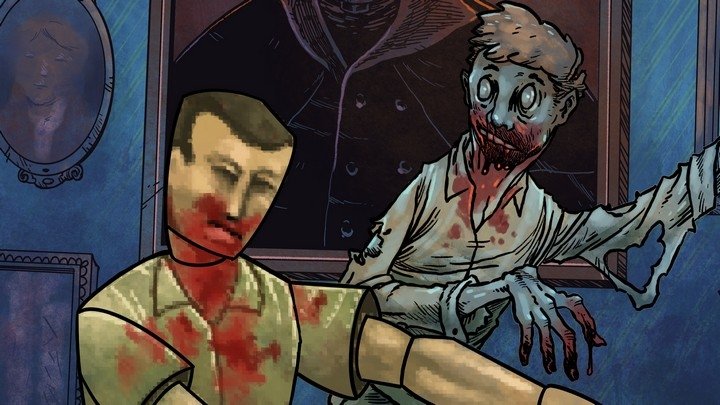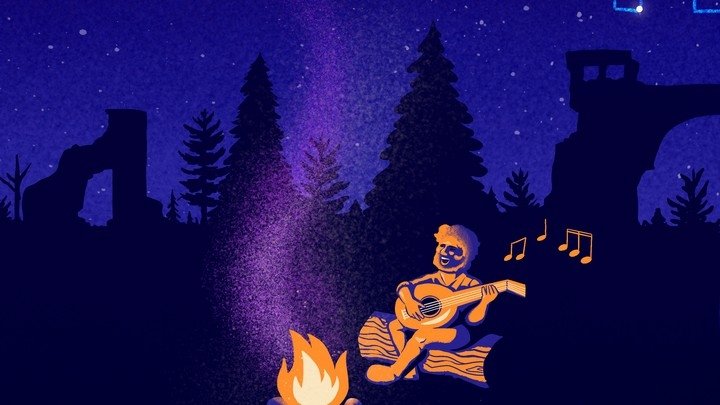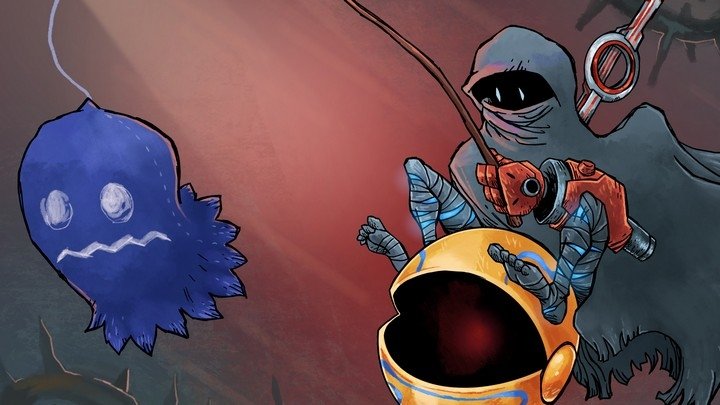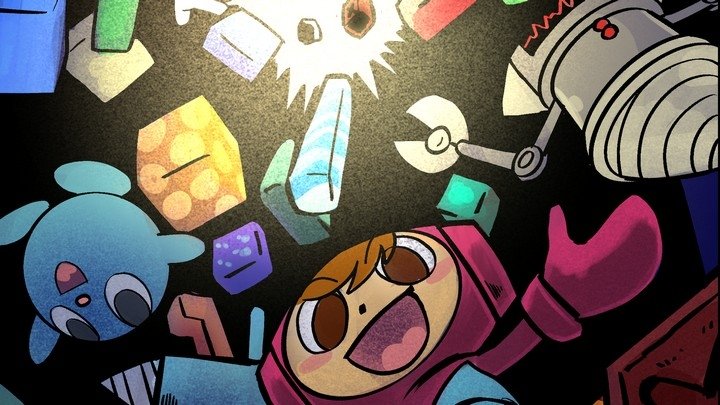Pre-millennium tussle: The King of Fighters '99 at 20
In 1999, SNK took their flagship franchise and rewrote the whole shebang
As previously established here on Retronauts dot com, The King of Fighters '98 is my favorite video game of all time, a culmination of universe-building across multiple independent creations that resulted in a massive collection of interconnected characters who hang out together and also punch each other's lights out. For some video game franchises, achieving that level of greatness means years of iterative special tweaked editions and possible spinoff series before eventually making a proper sequel (I say as I glance at Street Fighter II). But for KOF, an annual franchise at the time, that was not an option. The show must go on and it must be ready in the next 12 months. Which means on September 23, 1999 - exactly one year after KOF '98 - SNK released The King of Fighters '99 on the Neo Geo and in doing so tried to upend the entire series.
A lot can change in five years, especially in the world of video games. When The King of Fighters debuted in 1994 it was groundbreaking for players to choose a squad of characters instead of just one. But by 1999, there were a lot more team-based fighting games on the market. Capcom's VS-series of Marvel fighting games were 2-on-2 contests where switching fighters mid-match was an essential mechanic. Even other Neo Geo games like Kizuna Encounter featured swappable fighters. By comparison, the KOF style of choosing three fighters but only using one at a time was less fresh.
The King of Fighters '99 shook up the format by upping the number of characters per team to four. At the start of each battle, players choose three of their selected characters to fight with the fourth serving as a "Striker" who can be summoned at any time during the match. When a Striker jumps in, they perform a set action and then leave; they have no life bar but they can only appear a finite number of times per match.
Changing the number of characters per team was big, but the biggest change was to the roster of characters itself. KOF '98 weighed in with a tremendous 51 fighters, gathering nearly every character seen in the series at that point in a single game. KOF '99 was the start of a new era and that meant slimming the roster down to just 30 fighters, 24 of whom were returning combatants. Shockingly, series-mainstays Kyo Kusanagi and Iori Yagami were amongst the cuts! Imagine if Capcom released a Street Fighter game without Ryu or Ken in it and that's the level of disruption in KOF '99.
Replacing Kyo in the lead character slot of KOF '99 was a similarly hot-tempered young man named K' (pronounced "Kay-dash"). While KOF '98 didn't have a plot, KOF '99 is the start of the "NESTS Saga" wherein a criminal conspiracy seeks to use the King of Fighters tournament as a means to take over the world via an army of clones - clones of Kyo Kusanagi, to be precise. The final boss of the game, Krizalid, is a clone of Kyo, and K' is a clone of him...or maybe it's the other way around. In any case, there are two literal clones of Kyo playable in KOF '99 by default, each with a slightly different moveset.
(What was it with clone stories in the 1990s? Was it the rise of DNA in popular science and criminal justice at the time? Was it Dolly the sheep? Or were we all hyping ourselves for the future Star Wars prequel?)
"But Feit," you ask, comment at the ready, "if there are two Kyo clones in the game, then he's not missing from the roster." Ah, but the clones are not the real Kyo Kusanagi because he and Iori are actually in the game, they're just locked behind a code in the arcade version. By the time the game came to home consoles, the two were fully playable again, although K' remains front and center in the game's story. And if all these clones and hidden popular characters sounds like a compromise, you are correct: according to the official KOF website, none of these four were originally intended to be in KOF '99 in order to allow the new story and characters to shine, "but for various reasons, we came to the conclusion that we couldn't leave these popular characters in limbo."
As exciting as it was to see all these changes in the fall of 1999, after a few months with the game I went back to playing KOF '98. K' and his sidekick Maxima were welcome additions to the cast, but overall KOF '99 sheds too much of what made '98 fun in favor of a story that it did not need. The Striker system never appealed to me; its finite usage meant I horded it as a resource and the usefulness of each Strikers' abilities varied too much. Some could hold your opponent still and leave them open for a combo, while others would just taunt them and lower their power meter. The system would stick around for KOF 2000 and receive a drastic overhaul in KOF 2001 but by KOF 2002 the whole concept was removed and it never returned. Judging by the fan reaction to KOF 2002 (it rivals '98 for most popular in the series) no one else cared much for Strikers either.
Twenty years later, The King of Fighters '99 feels like a hiccup: not quite a reboot, but a good game that happened to follow a great one with a sequel that outshone it. I don't have the hunger to revisit it like I do '98, but it's not actively grating or bad either. The game remains enjoyable and (thankfully) accessible thanks to numerous contemporary ports as well as its current enshrinement in the Hamster Arcade Archives on PlayStation 4, Xbox One, and Nintendo Switch. That's all the fan in me could ask for.




